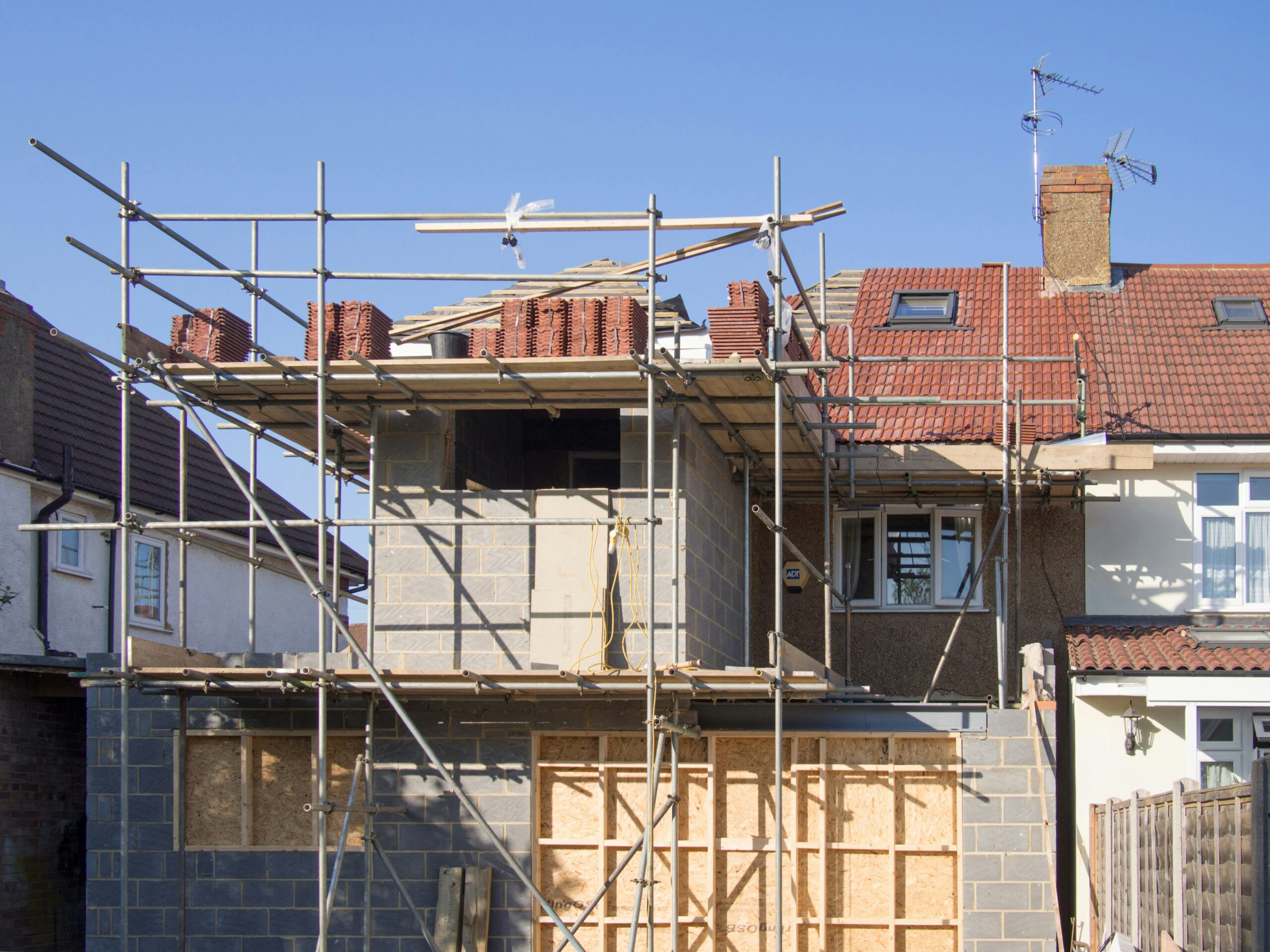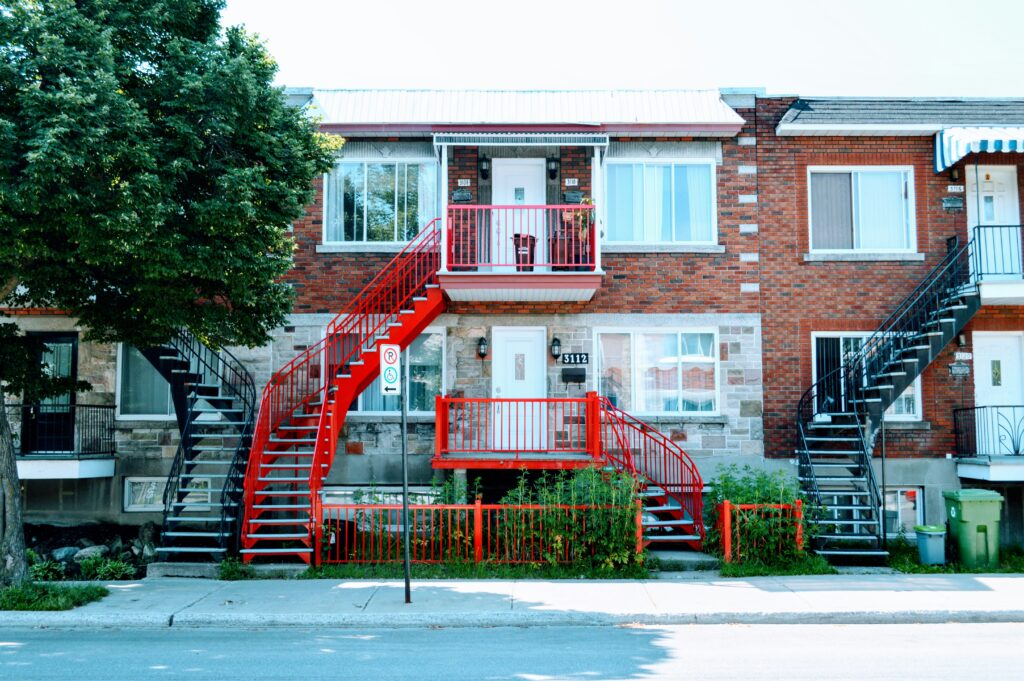
Do You Need a Party Wall Notice Before Starting Building Work?
When you’re planning building works that affect a shared wall between you and your neighbour, understanding party wall notices is not just important, it’s a legal necessity. Whether you’re constructing an extension, converting your loft, or excavating near a boundary, ignoring the rules around party wall notices can result in costly delays, disputes, and even court orders.
In this blog we’ll explore what a party wall notice is, how the Party Wall etc. Act notice functions, the different types of notices involved (such as the Section 6 Party Wall Notice), and what happens if there’s a failure to serve a party wall notice. We’ll also explain why selling your house quickly can sometimes be the smartest move if your project risks becoming a legal headache.
What is a party wall notice?
A party wall notice is a formal legal document that informs your neighbour of your intention to carry out building works that fall under the Party Wall etc. Act 1996. This act is designed to prevent disputes between neighbours by setting out clear rights and responsibilities when work affects shared walls, boundaries, or adjacent structures.
Examples of work requiring a party wall notice include:
- Building a new wall on or astride the boundary line
- Cutting into a party wall to insert steel beams
- Lowering the foundation of a party wall
- Excavating within three or six metres of a neighbouring property
Failure to notify your neighbours via a proper party wall notice could invalidate your work schedule and expose you to legal action.
What should a party wall notice include?
A Party Wall etc. Act notice refers to the written document served under the Party Wall etc. Act 1996 to give your neighbour official notice of proposed works. This notice must include:
- Your name and address
- A description of the proposed work
- The start date of the work
- A clear statement that the notice is being served under the Party Wall etc. Act 1996
You must also allow time for the neighbour to respond, which brings us to the party wall notice period.
How long should a party wall notice period be?
The party wall notice period varies depending on the type of work being done:
- For most structural works on a party wall, you must give two months’ notice
- For excavations, the minimum notice is one month
This notice period allows your neighbour time to either consent, object, or request the appointment of a party wall surveyor. If they do nothing, a dispute is considered to have arisen after 14 days, and surveyors will need to be appointed.
This is where many projects stall and costs rise.
Understanding the Section 6 party wall notice
A Section 6 Party Wall Notice specifically applies to excavations near a neighbouring property. If you’re digging within the following you are legal required to serve a Section 6 party wall notice:
- 3 metres and your work goes deeper than your neighbour’s foundations, or
- 6 metres and your work involves a structure intersecting a 45-degree line from your neighbour’s foundations
Failing to do so could result in your neighbour obtaining an injunction to halt the work, along with claims for damages.
What are the consequences of failing to serve a party wall notice?
The failure to serve a party wall notice is more than just a procedural misstep—it can lead to:
- Work being stopped by a court order
- Neighbour disputes and legal fees
- Loss of planning permission momentum
- Financial penalties for damages caused
If you’re already committed to construction without serving the proper party wall notices, your neighbour has the legal right to stop the work until the issue is resolved. This can significantly delay your project and inflate your costs.
In some cases, these disputes become so drawn-out that homeowners opt to sell the property instead. In such situations, a cash buyers for houses can offer a swift resolution.
Common mistakes homeowners make with party wall notices
Avoiding problems starts with knowing what not to do. Here are common pitfalls:
- Assuming verbal consent is enough – It’s not. Everything must be in writing.
- Skipping the Section 6 notice – Especially for deep foundations or basement conversions.
- Serving notice too late – Always factor in the minimum party wall notice period.
- Failing to follow up – If your neighbour ignores the notice, you still need to act.
Do you always need to serve a party wall notice?
Not always. If your planned works are entirely within your property and do not touch a party wall or fall within the specified excavation zones, you may not need to serve a party wall notice.
However, it’s always safer to double-check with a professional or consult a party wall surveyor. If you’re unsure, err on the side of caution, it could save you time and money in the long run.
Selling to avoid a party wall dispute
In some cases, a planned extension or loft conversion becomes so problematic due to party wall issues that it’s no longer worth pursuing. Whether it’s a hostile neighbour, skyrocketing surveyor fees, or looming legal battles, selling might be your best option.
Sell House Fast that specialises in purchasing properties quickly, even those with legal complications. You can get a free cash offer today and complete your sale in a timeframe that suits you, freeing you from the burden of drawn-out building disputes.


